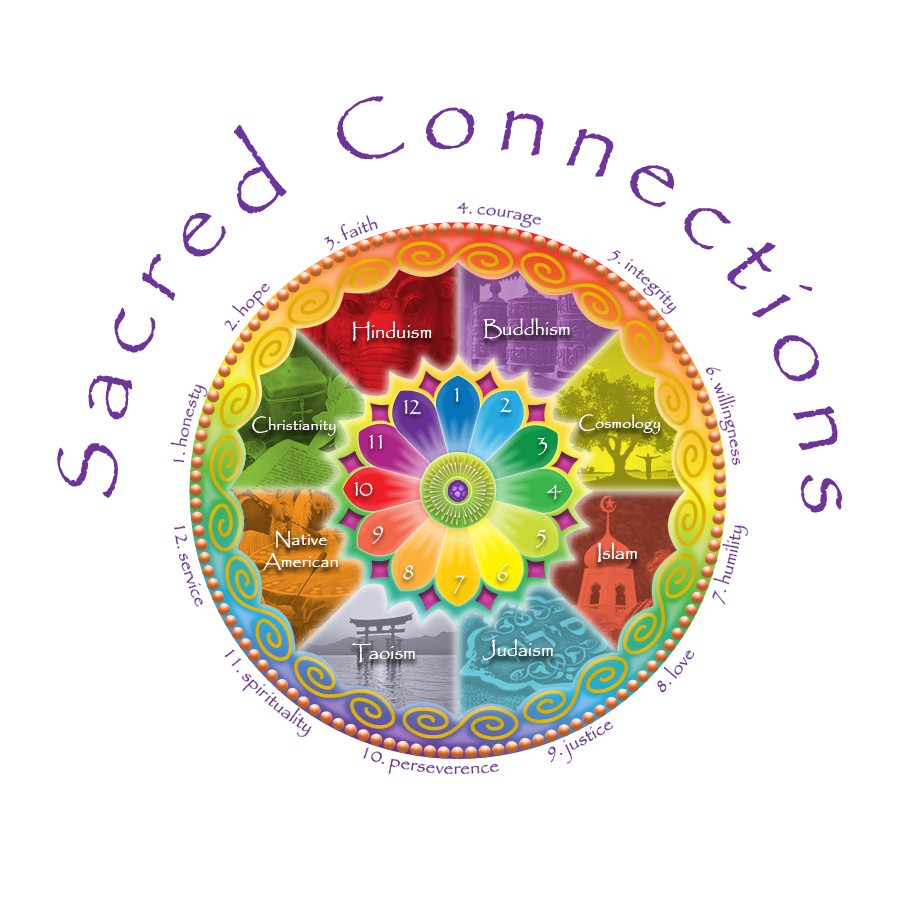According to new research, spirituality may be a key part of what makes Alcoholics Anonymous (AA) effective, Health Day reported Dec. 14.
Investigators tracked 1,726 adults through their recovery from alcohol dependence for 15 months. According to the study abstract, attending AA meetings resulted in “increases in spiritual practices,” and spirituality played a part in reduced use of alcohol.
Lead author John F. Kelly said, “Although this is not the only way that AA helps individuals recover, I think these findings support the notion that AA works in part by enhancing spiritual practices.” Kelly directs the Center for Addiction Medicine at Massachusetts General Hospital and is an associate professor of psychiatry at Harvard Medical School.
He added, “We have also found that AA participation leads to recovery by helping members change their social network and by enhancing individuals’ recovery coping skills, motivation for continued abstinence, and by reducing depression and increasing psychological well-being.”
“Down the road it will be important to conduct more qualitative research as well as further quantitative replication of our findings in order to understand more about how exactly spiritual practices and beliefs influence coping and behavioral change in recovery from addiction,” Kelly concluded.
The study, “Spirituality in Recovery: A Lagged Mediational Analysis of Alcoholics Anonymous’ Principal Theoretical Mechanism of Behavior Change,” appeared online on Dec. 16, 2010 in the the journal Alcoholism: Clinical & Experimental Research. It will appear in print in the journal’s March 2011 issue.
